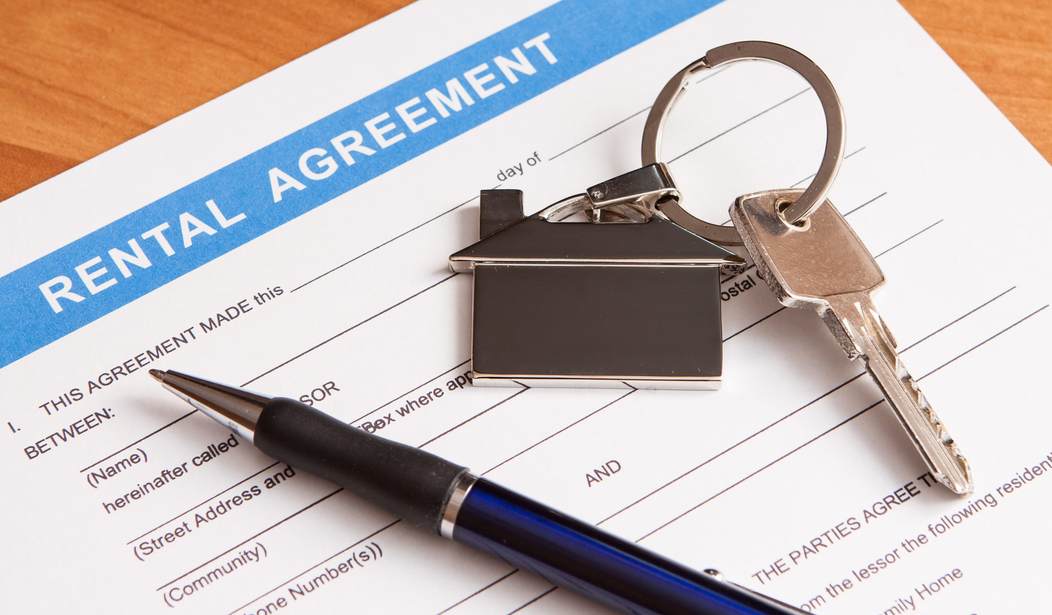Home values are on the rise. In fact, we are close to the peak of home values that the United States last saw before the financial collapse (see the S&P Case-Shiller Index). This shouldn’t be a surprising to anyone who has bought a home in the past couple of years. For those looking to invest in some real estate for rental income, now might be the time.
But before you jump into purchasing an investment property, you should be forewarned: They are not easy. However, with the pain can come financial gain. Let’s talk about overcoming some of the pain.
Setting a budget and managing financial expectations
This may sound like a no-brainer, but do not estimate your budget in your head. Create a spreadsheet and include every single penny of all possible expenses. If you are getting a mortgage with your investment property, do a full monthly amortization of the loan with interest, principal, insurance, and taxes included. Keep in mind the value of the principal you get to keep. This will most likely be a small percentage of what you spend on the loan. In any case, know that you will most likely not make your money back on the investment during the first few years for a single investment home.
More about the economics on the next page.

Chart courtesy of www.apartmentlist.com
Price out the rental market in your area
Take a look at the cost of both apartment rentals and home rentals. Understand that these prices will be all over the map based on the size, quality, and location of the rental. The reason you will want to take a look at apartment rentals is that many individuals or families are looking to upgrade to a freestanding home from an apartment. You will want to make that price jump palatable for those looking to make the change.
If you are getting a loan, make sure it is with the right bank
I am a big fan of local banks. They are more likely to work with you because they have a better focus on community than the big boys. If they are open to doing the loan in-house, even better. Most big banks will simply resell your mortgage to organizations like Freddie Mac, which have very strict rules, and even more difficult rules for investment properties. Local banks can be much more friendly. However, make sure you talk to the bank first. Most loan officers will help you understand the limits of your budget and will give you an idea of what the real cost of the loan will be before you buy. Overall, expect to pay at least 20% down for an investment property.
Find a reasonable deal within your budget
Use a trusted real estate agent who has been working full-time in the industry and area for a number of years. If they have that experience, you will find them very knowledgeable and focused (remember full-time) on helping you find a good investment property. They are going to know what will be a good deal and what will be bad before you even visit the house. They also may have information on upcoming listings so you can get a jump on opportunities.
Next: Managing the property.

Understand the costs of preparing the house for renters
The right real estate agent can be extremely helpful here. He or she will have a good idea if a house is “move-in ready” or will need some work. Typically, you will have some work, even if it is a new coat of paint. Having to fix major issues such as remodeling the bathroom, fixing issues with the kitchen, or updating the electrical systems can get pricy. Remember, you will be selling a product. Potential renters will want to be impressed if you plan to charge top dollar for rent. Create a list of contractors in your areas and get some estimates on costs. Good real estate agents may have recommendations on which contractors have worked well for their other clients.
Have a plan for managing the property over time
If you have ever owned a house, you know that things will break from time to time. With renters it will be worse. They use and abuse appliances, plumbing, and the floor and walls. The odds of a backed up toilet with renters is higher than in your own home. So, how will you handle that call at 2 a.m. about the overflowing toilet? My recommendation is to find a good property management company. They will charge you a fee and you will need to build that into your financial plan if you decide to go that route. Many will charge a fairly reasonable fee. The one I use charges me 7% of rent, which is an amount I am more than happy to pay to avoid worrying about a 2 a.m. call about a clogged toilet. The property management group that I use handles not only phone calls from the renters, but also collecting the rent, sourcing contractors for repairs/maintenance, and evictions should it come to that (for a small additional fee). A good property management company can also be a great advisor for making decisions on investment properties and can give you a realistic expectation on costs and what you can expect from rent. Best of all they can be invaluable when finding renters.
See next page for tips on finding good renters.

Finding good renters
As mentioned previously, renters can use and abuse your investment property. Bad renters will damage property and may pay rent late or not at all. Finding renters on your own can be difficult. How do you advertise? Do you just put a sign in the yard? Only people who drive by will see it. What about the newspaper or Craigslist? Sure, but that costs money and who knows what type of applicants you will get. What about renting to family or friends? That is a great idea … until there is a problem. How do you resolve a conflict over something like late rent if it is a good family friend? My best recommendation is to use a property management company. They should have lots of experience in selecting renters. In my case, we reviewed applications from renters who were currently renting apartments managed by the property management company. This means we got information on payment history, any damages caused at their current location, and a general sense of what it would be like renting to them. I personally couldn’t be happier with our current tenants.
Investment properties for rent can be a big challenge. They can be expensive and you may end up sinking a lot of money into the homes just to maintain them. They can also consume a lot of your time. Renters may call, complain, ask questions, and require you to make lots of decisions on repairs or changes to the home. They are, after all, paying you for a service. Finding, losing, finding, and losing renters can be costly as well. I cannot cover all cases in this one article, but I hope to get you to think before you buy. I don’t mean to scare you off, I just know of way too many people who have been disappointed with their investment property. But while there may be pain involved, there are definitely opportunities for gain.









Join the conversation as a VIP Member